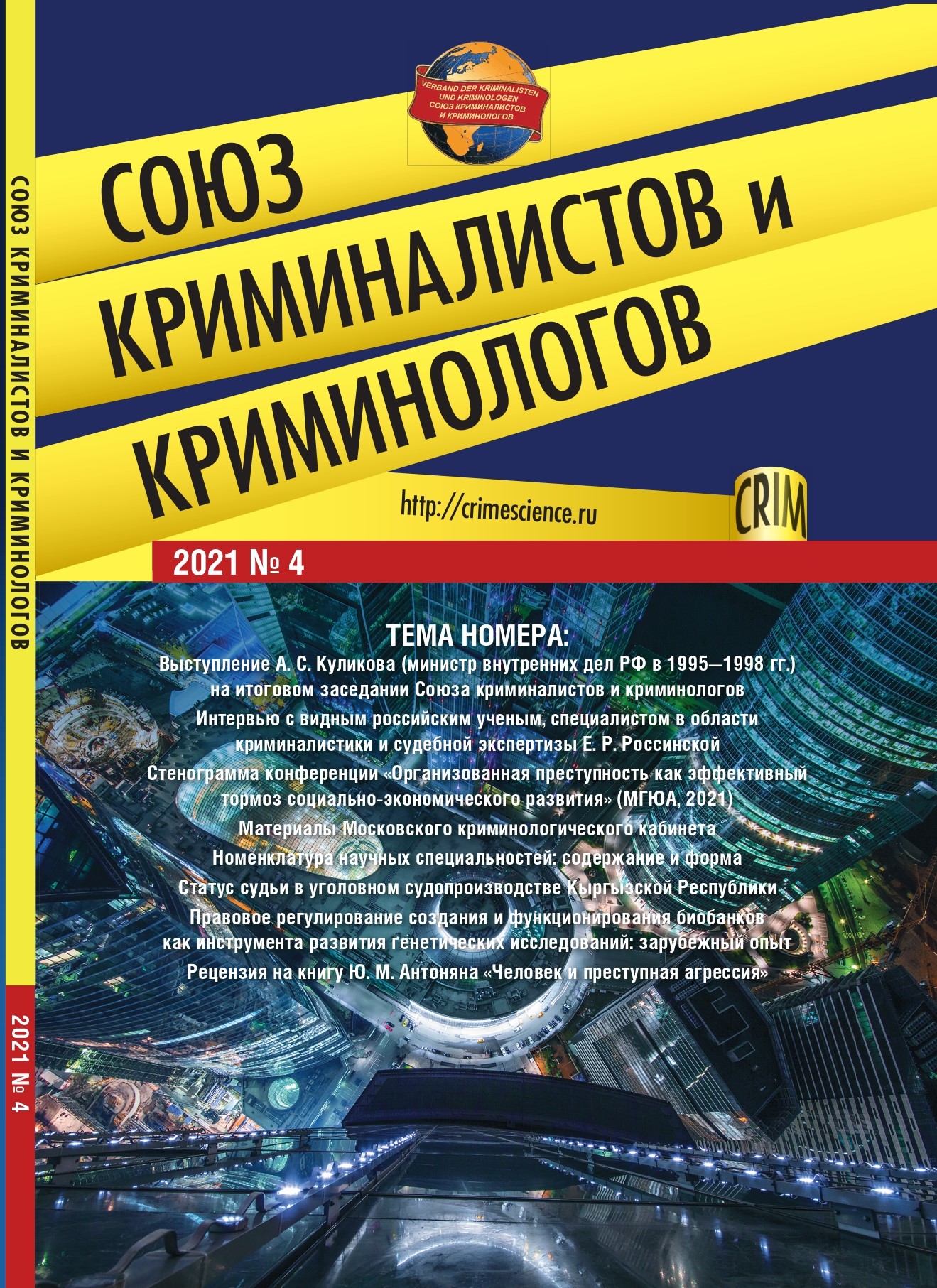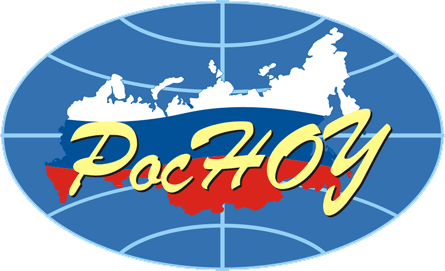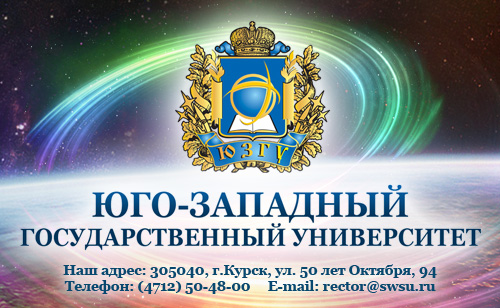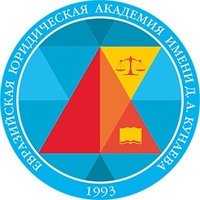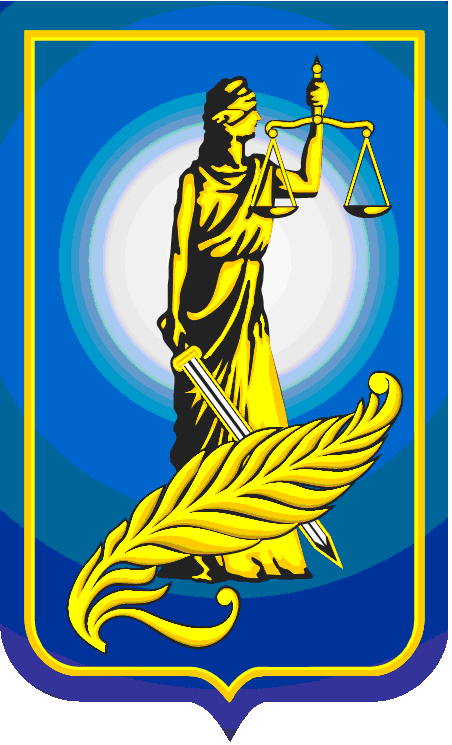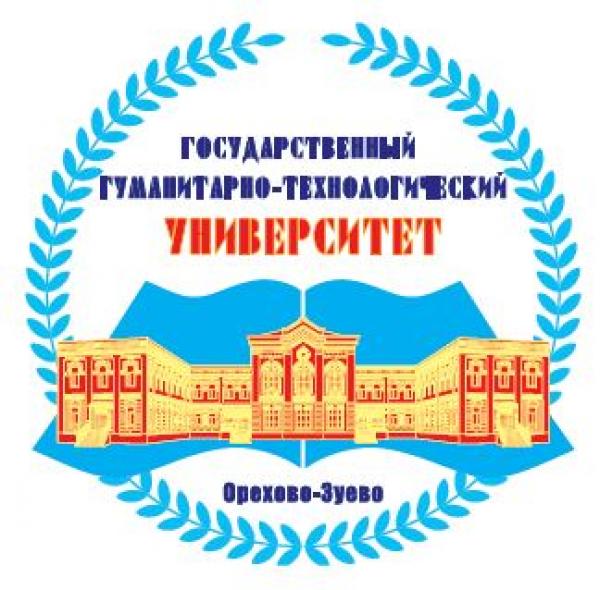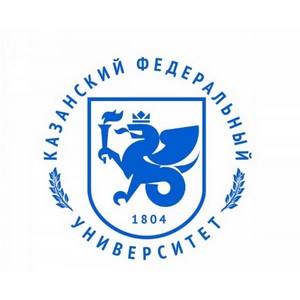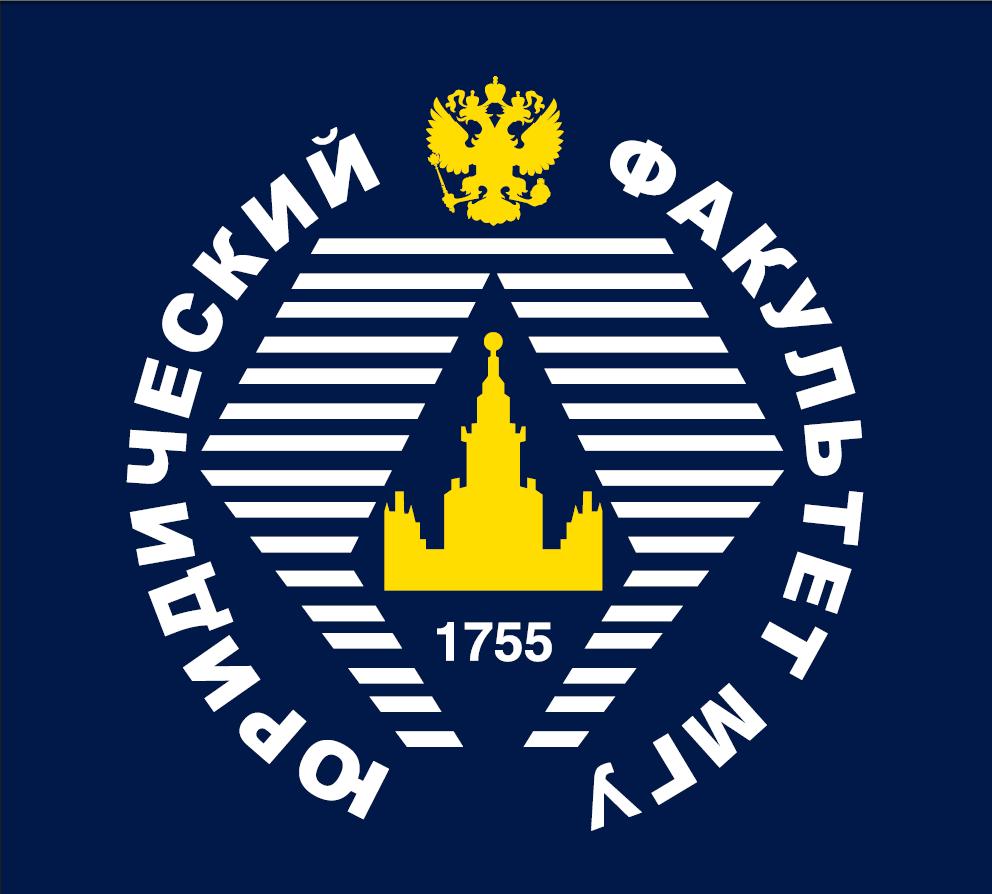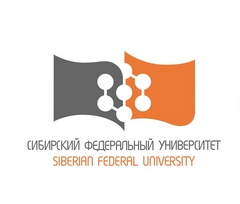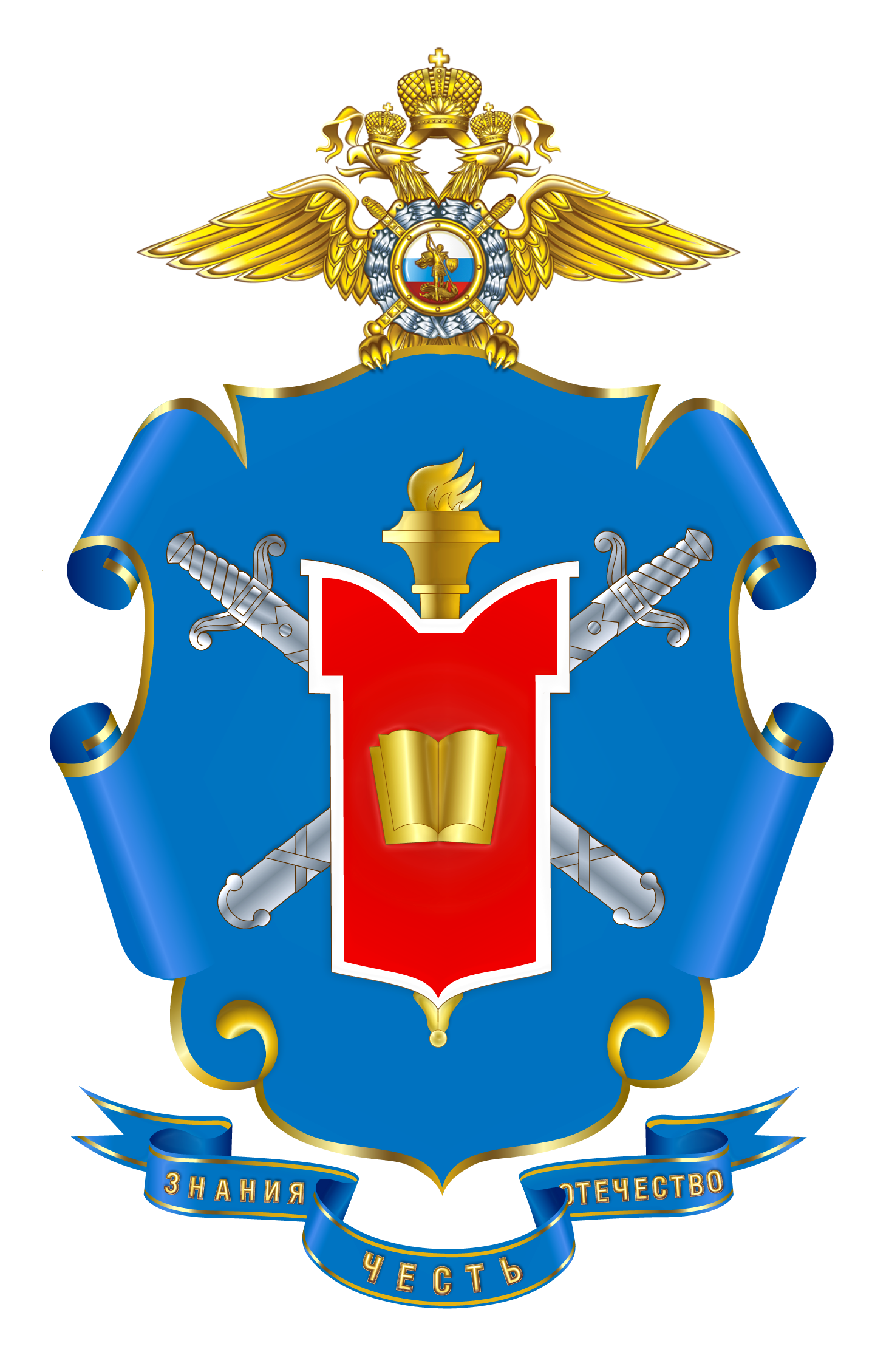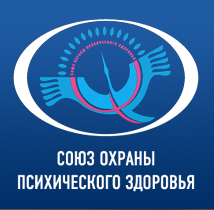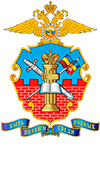The author’s project ‘Criminal law gatherings at N.A. Lopashenko’s’ together with the Saratov Branch Office of the Union of Criminalists and Criminologists
The mono format with Associate Professor Yuri I. Blokhin
On 2 March 2021, a regular online meeting of the author’s project ‘Criminal law gatherings at N.A. Lopashenko’s’ was arranged together with the Saratov Branch Office of the Union of Criminalists and Criminologists. The meeting was held in the mono format, i.e. one report and its discussion. The event was dedicated to Yuri I. Blokhin, Candidate of Legal Sciences, Associate Professor, Associate Professor of the Chair of Criminal Law Disciplines at the South Russian Institute of Management of the RANEPA under the President of the Russian Federation (Rostov-on-Don).
In total, the meeting was attended by more than 70 researchers and practitioners from all regions of Russia and neighboring countries (Ukraine, Belarus, Germany, Kazakhstan).
The online meeting was attended by more than 70 researchers and practitioners from all regions of Russia and countries of the near and far abroad: Republic of Belarus, Republic of Tajikistan, Republic of Ukraine, Germany.
First, the organizer Natalia A. Lopashenko drew the attention of the participants of the event to the recent changes in the Criminal Code of the Russian Federation.
Then the organizer spoke within the framework of the category ‘New books.’ She recommended a number of scientific works.
The main speaker, Yuri I. Blokhin, outlined the topic of his speech: Human rights in criminal law: when the right to life is not violated during murder. The report stated:
- Human rights and freedoms, that are regarded as the highest value in the Constitution of the Russian Federation, are being understood ambiguously even by lawyers. Many myths and stereotypes, including negative ones, have been spread around this category.
- To overcome the reasons for the construction of stereotypes, it is necessary to consider human rights by identifying the subject who has obligations that correspond to human rights. Such special subjects are the state, state bodies and officials. Human rights impose certain obligations and restrictions on the state, the implementation of which is, inter alia, under international control. The fulfillment of obligations and restrictions arising from the enshrined right to life removes the responsibility of the state under international obligations.
The speaker received questions from the audience. Some of them are:
- Professor Natalia A. Lopashenko (Saratov): ‘When the right to life is not violated in the case of murder? During the Moscow theater hostage crisis, was the deprivation of life lawful?’;
- Candidate of Legal Sciences, practicing Lawyer Yulia Fedotova (Yekaterinburg): ‘What do you mean by the term ‘Authority?’;
- Associate Professor Svetlana V. Vorobyova (Tambov): ‘In your opinion, what are the reasonable limits of violations of human and civil rights and freedoms?’;
- Associate Professor Elena A. Solovyova (Perm): ‘Does the state have the right to deprive its subjects of life, including when it implements the death penalty?’;
- Associate Professor Svetlana S. Tikhonova (Nizhny Novgorod): ‘What fighting mechanisms could work in the fight against the violation of human and civil rights and freedoms in the execution of criminal penalties?’.
In the framework of a free discussion, other specialists and experts shared their opinions.
At the end of the event, Yuri I. Blokhin thanked the participants for their interest in the topic of discussion.
The review was prepared by the Secretary of the Union of Criminalists and Criminologists Saratov Branch, Roman Komyagin
Translated by Elizaveta O. Ovchinnikova







